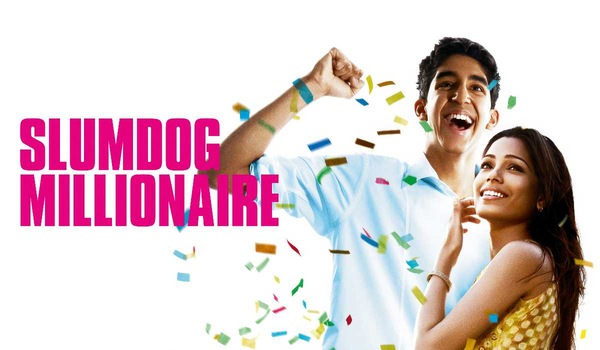Danny Boyle says he wouldn’t make Slumdog Millionaire today: ‘Wouldn’t even get financed’
Danny Boyle says he wouldn’t direct or get Slumdog Millionaire financed today, citing cultural shifts. He supports Indian voices telling such stories and reflects on past filmmaking flaws.

Last Updated: 07.31 PM, Jun 21, 2025
Slumdog Millionaire director Danny Boyle has stated that he would not only not be involved in the production of the film if it were done today, but that it would likely not even be financed.
Changing cultural discourse and the legacy of storytelling
Boyle recently spoke with The Guardian about his 2008 worldwide smash, discussing its cultural influence and the changing discourse surrounding the telling of certain stories. "Yeah, we wouldn’t be able to make that now. And that’s how it should be. It’s time to reflect on all that. We have to look at the cultural baggage we carry and the mark that we’ve left on the world," the British filmmaker stated.
Additionally, Boyle said that he would remove himself from the position of director and lend his backing to a local voice if a comparable project were to arise today. He said that he would still seek out a young Indian filmmaker to helm the project if he were involved in it.
Story behind Slumdog Millionaire and its global success
The premise of Slumdog Millionaire is based on Vikas Swarup's Q&A novel, and it tells the tale of Jamal Malik, a Mumbai youngster played by Dev Patel, who enters the Indian Who Wants to Be a Millionaire? replica, which is Kaun Banega Crorepati. The film, which received 10 nominations in total, including Best Picture and Best Director for Boyle, was a resounding success at the 2009 Academy Awards, securing eight statuettes. In addition to Irrfan Khan, Freida Pinto and Anil Kapoor were also cast members.
Despite its success in the West, critics in India disliked the film's portrayal of slum life. "Well, only in the sense that everything is. At the time, it felt radical. We made the decision that only a handful of us would go to Mumbai. We’d work with a big Indian crew and try to make a film within the culture. But you’re still an outsider. It’s still a flawed method. That kind of cultural appropriation might be sanctioned at certain times. But at other times, it cannot be," Boyle said in response to the question of whether the play might be considered cultural colonialism.
Danny Boyle still proud
Despite the global shift in perspectives on authorship and representation, Boyle maintains that he is still proud of the film. Although he acknowledged that certain situations could justify such cultural appropriation, he emphasised that the process remains flawed. The filmmaker concluded by saying, "But at other times, it cannot be."
Boyle has a five-year hiatus from directing films after helming Yesterday in 2019. A sequel to his previous post-apocalyptic features, 28 Years Later marked his return to the scene right now.





